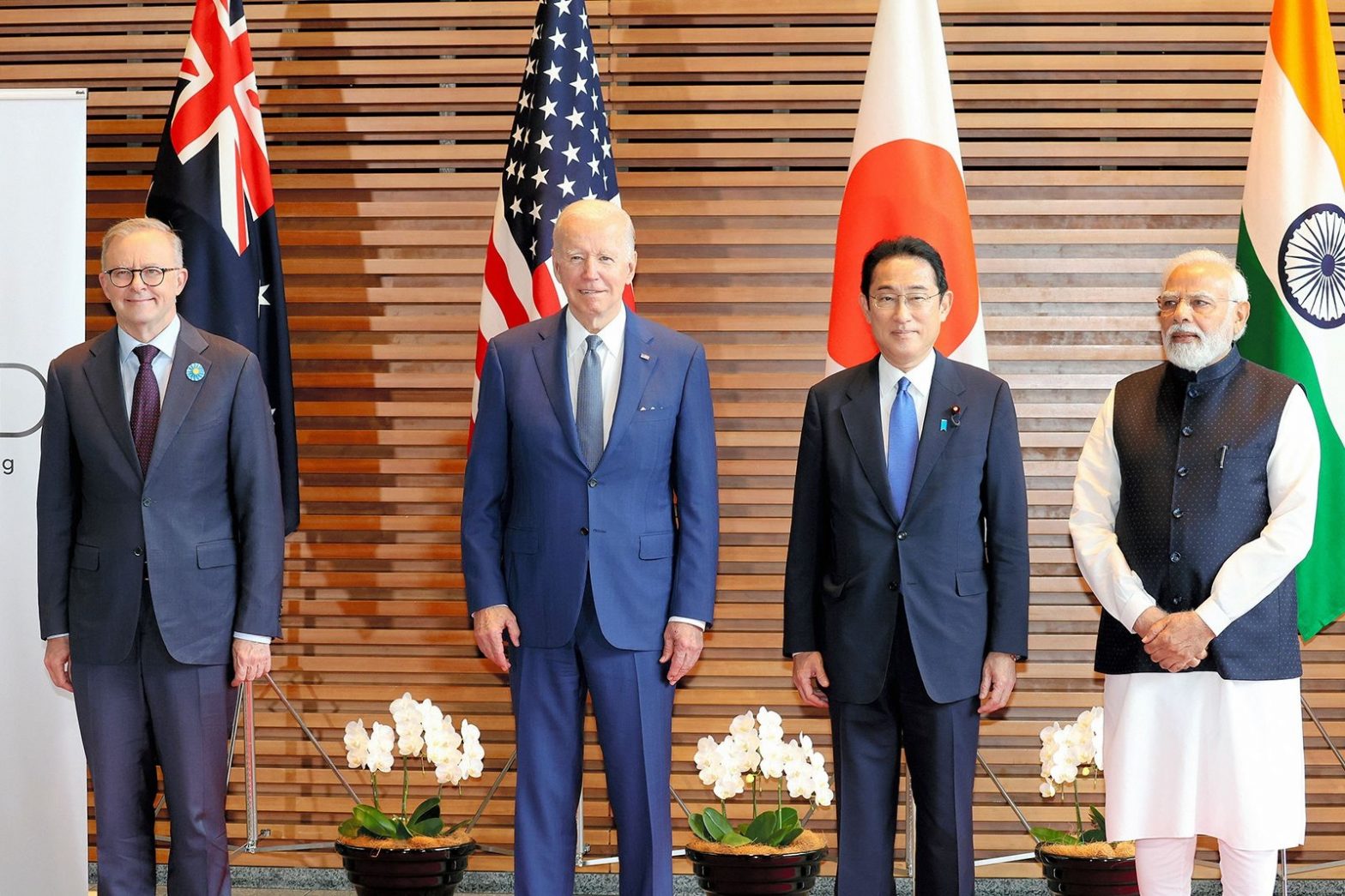In a surprising turn of events, the highly anticipated Quad summit, set to bring together leaders from the United States, India, Australia, and Japan, has been unexpectedly canceled. The decision came after U.S. President Joe Biden called off his planned trip to Sydney, which was confirmed by Australian Prime Minister Anthony Albanese on Wednesday. The summit, initially scheduled for May 24, was intended to feature Biden, Albanese, Indian Prime Minister Narendra Modi, and Japanese Prime Minister Kishida Fumio. The Quad forum serves as an informal security dialogue aimed at addressing China’s assertive behavior in the region. With Biden’s withdrawal, there are now speculations about the possibility of relocating the gathering to Japan for a weekend meeting.
The abrupt cancelation stems from pressing internal matters in the U.S., particularly the ongoing debt ceiling discussions in Washington. These issues have compelled Biden to curtail his much-anticipated tour of Asia. The trip was planned to include a G7 leaders’ summit in Hiroshima, Japan, a Quad summit in Sydney, and a meeting with Pacific Island leaders in Papua New Guinea.
This cancellation underscores how domestic politics can influence Biden’s international policy agenda, disrupting a crucial visit to Asia as the US aims to strengthen its security relations in the Pacific amidst growing competition with Beijing.
Prime Minister Albanese emphasized the significance of the Quad as a crucial forum for high-level discussions. The Quadrilateral Security Dialogue, commonly known as the Quad, was established more than 15 years ago and has gained increasing importance in recent times. The planned summit in Sydney would have marked the third in-person meeting of Quad leaders, providing an opportunity to deepen collaboration on various fronts, such as emerging technologies, climate change, and maritime domain awareness. However, due to unforeseen circumstances and President Biden’s cancellation of his trip, the summit has been called off, leaving room for speculation about alternative arrangements for a potential gathering in Japan.

In a phone call with Prime Minister Albanese, Biden voiced his disappointment over the political impasse in Washington, which has global economic implications. Albanese also hinted that talks are ongoing about the other Quad leaders possibly visiting Sydney next week.
Biden’s sudden alterations to his travel plans come as a letdown for the Indo-Pacific region, where the US has been striving to fortify its alliances. This region has become more critical for Washington due to China’s assertive territorial claims in regional seas and military threats towards Taiwan, raising international alarms.
The unexpected withdrawal of President Biden’s trip to Papua New Guinea, where he was to meet Prime Minister James Marape and other regional leaders, carries considerable implications. This visit was seen as a potential economic boon and a chance for the US to reestablish its presence in the South Pacific, an area experts suggest Washington has largely ignored since the end of the Cold War.
On the other hand, China has been proactively extending its diplomatic ties in the region and has successfully established relationships with several Pacific Island governments. Biden’s planned visit to Port Moresby would have been the first by a sitting U.S. President, marking a significant step in ongoing defense cooperation talks between the two countries.
Derek Grossman, a senior defense analyst at the US-based RAND Corporation, opines that the Quad meeting’s cancellation in Sydney might not have a large impact, given the momentum built by previous meetings. However, the cancellation of Monday’s visit to Papua New Guinea could cast a negative light on US policy toward the Pacific Islands, potentially indicating a drawback in the region.
“This cancelled visit will be seen as proof that Washington is not a reliable long-term partner,” Grossman said. “This feeds directly into Beijing’s narrative and could bolster its position.”
As Biden grapples with significant domestic hurdles, the impacts of these developments on the US’s Indo-Pacific strategy and broader foreign policy goals will be scrutinized closely by global observers.
©world-news.biz
